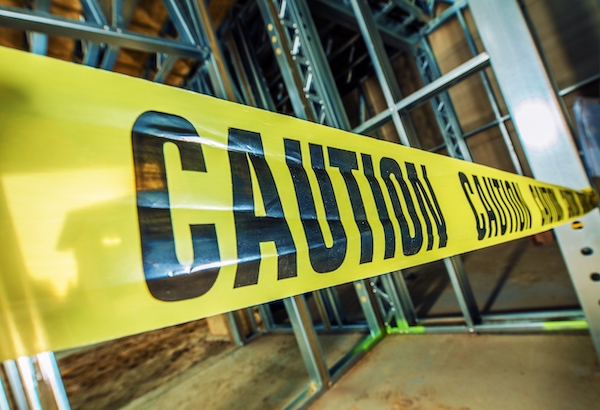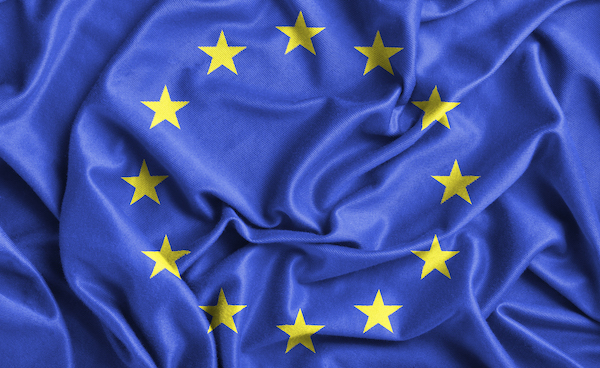
1st Step: Establishing the subject matter of the Regulation no. 1805/2018 (REG).
December 2022 – May 2023
In its 1st step RECOVER aims at:
- Establishing the concept of “proceedings in criminal matters” (art. 1 REG);
- Identifying the national forms of freezing and confiscation orders covered by the REG and elaborating the related schema;
- Establishing the safeguards that the national proceedings in criminal matter have to respect to be covered by REG;
- Identifying the fundamental rights and safeguards in the procedure for the mutual recognition;
- Elaborating Guidelines in the interpretation of the subject matter of REG;
- Elaborating proposals of harmonization and Directive 2014/42/EU reform
2nd Step: Identifying the practical obstacles and legal issues arising in the implementation of REG
June 2023 – November 2023
In its 2nd step RECOVER aims at:
- Pointing out the main obstacles and legal issues in the practical implementation of REG;
- Overcoming the gap of knowledge about the content of the REG (e.g.: concept of profit or instrument of the crime; the grounds for non-recognition and non- execution of freezing and confiscation orders; the protection of third parties’ legal rights);
- Identifying the best practices to be shared among partners as well as the other MS;
- Anticipating possible problems of remaining countries (other than the MS partners);
- Identifying and tackling case studies (hard cases);
- Elaborating Guidelines aiming at concretely implementing the REG and reform proposals/drafting proposal for EU soft law explicative instruments


3rd Step: Assessing the possibility to apply the REG to legal persons and enterprises
December 2023 – March 2024
In its 3rd step RECOVER aims at:
- Evaluating the different approaches and legislations in the MS about the possibility to seize and confiscate companies and enterprises
- Identifying the practical obstacles and legal issues in the application of the REG to legal persons and enterprises
- Elaborating Guidelines on the application of the REG to legal persons and, possibly, reform proposal.
4th Step: Asset Recovery Office’s activities and management of frozen and confiscated assets
April 2024 – August 2024
In its 4th step RECOVER aims at:
- Focusing on the legal issues and practical difficulties in the Asset Recovery Office’s activities:
- elaborating proposals for the revision of the Council Decision 2007/845/JHA on Asset Recovery Offices.
- Focusing on the legal issues and practical obstacles in management of frozen assets, protection of victims’ rights to restitution/compensation in cross- border cases and social reuse of confiscated assets:
- promoting the efficient management and efficient disposal of frozen and confiscated property;
- verifying the compensation of the victims in the first praxis;
- promoting the exchange of best legislations and practices on the social reuse of the proceeds and instrumentalities of crime and the sale of confiscated property;
- elaborating Guidelines on the management of frozen assets, the victims’ rights to restitution/compensation in cross-border cases and the social reuse of confiscated assets;
- verifying the need to reform REG, to introduce Asset Management Offices in all the MS and to enforce stricter rules.


5th Step: Mutual learning, Policy Recommendations and Dissemination of outputs
November 2023 – November 2024
In its 5th step RECOVER aims at:
- Sharing with all MS the results of the first praxis analysis and the relevant best practices
- Promoting mutual learning among all MS on the project results
- Building awareness and support for the project and its objectives among key stakeholders (e.g. National Bar Association)
- Disseminating the project results in the policy, scientific and wider stakeholder community
- Developing policy recommendations for the EU and MS to improve the mutual trust and mutual recognition of freezing and confiscation orders
- Elaborating and sharing harmonisation and reform proposals

